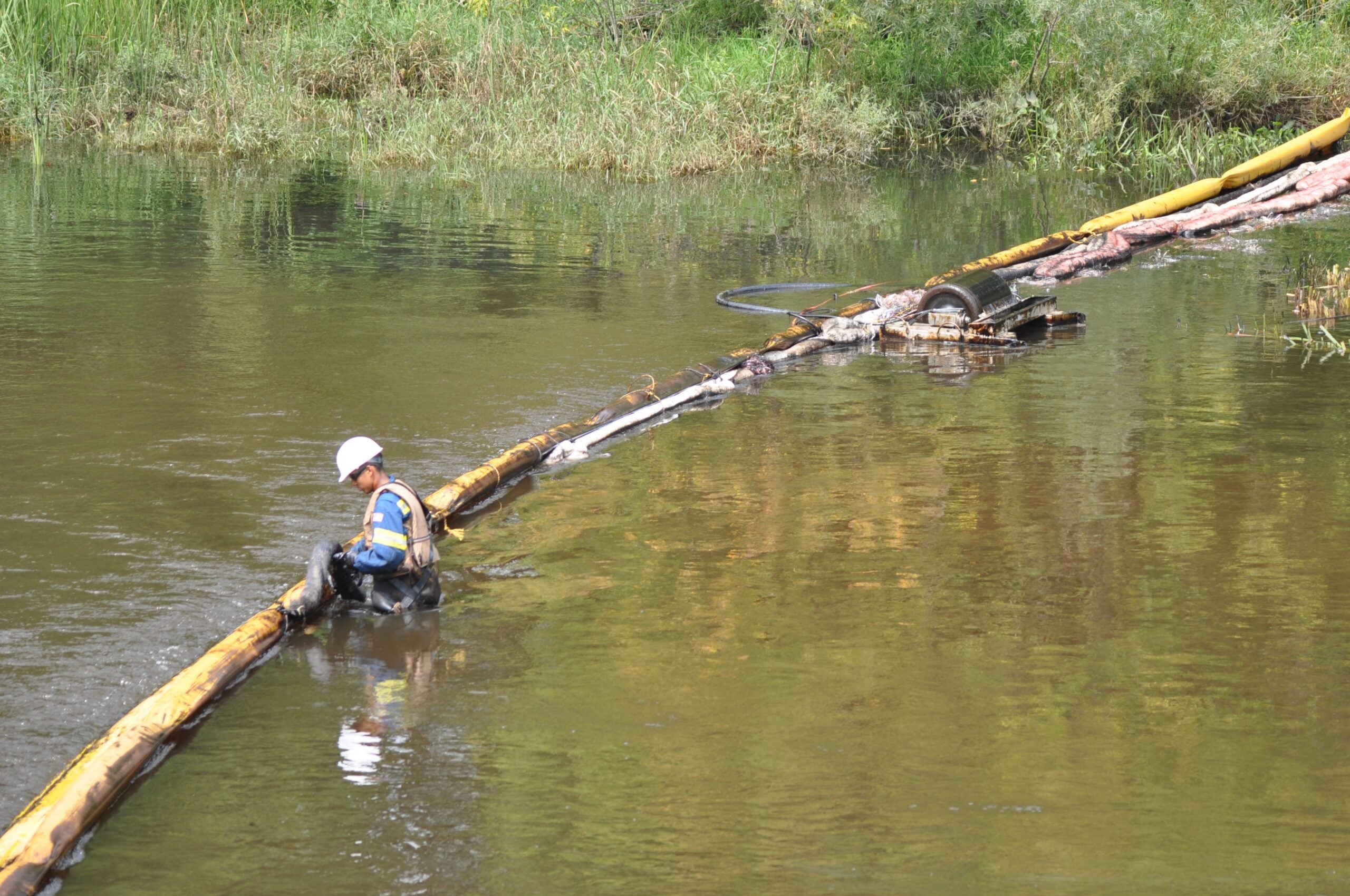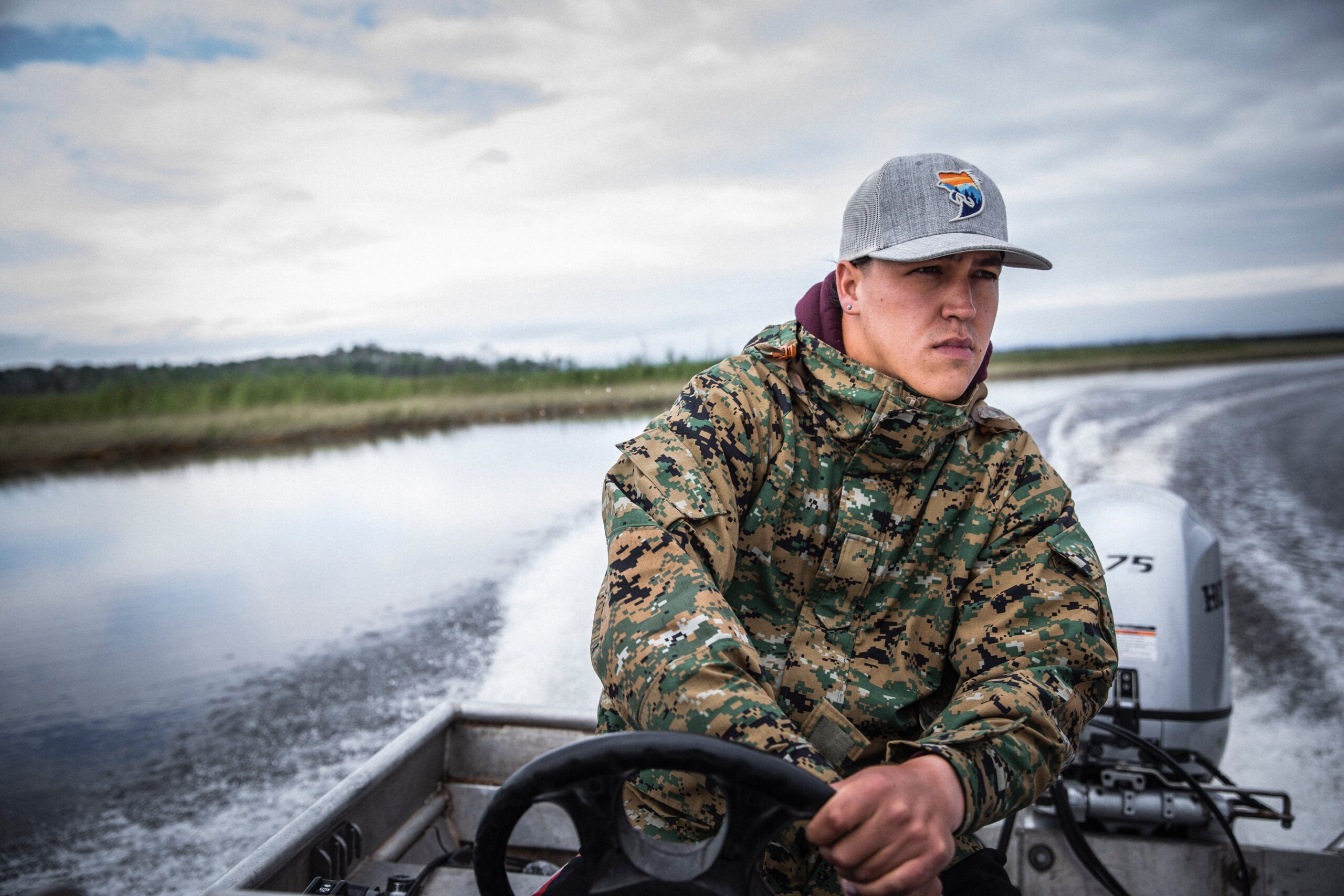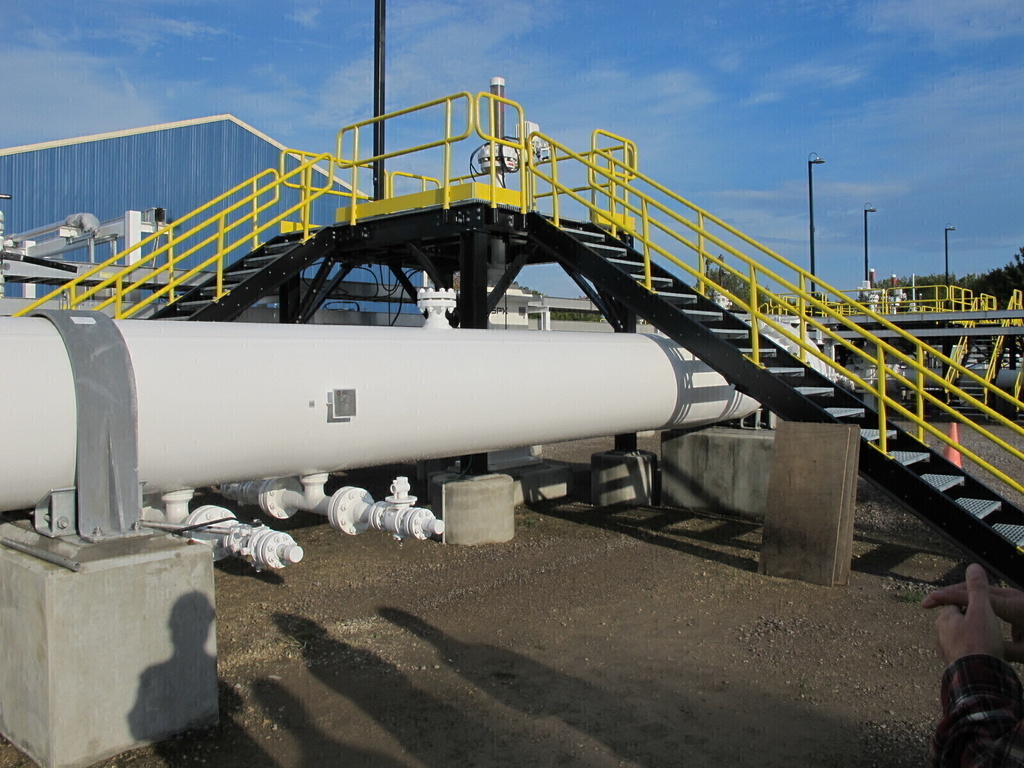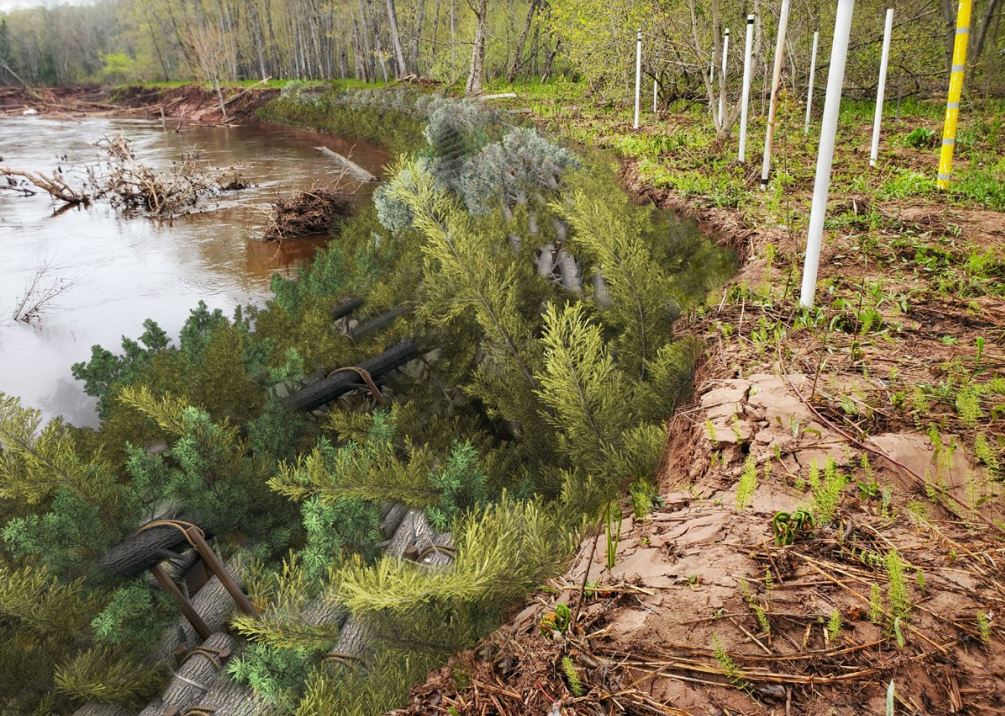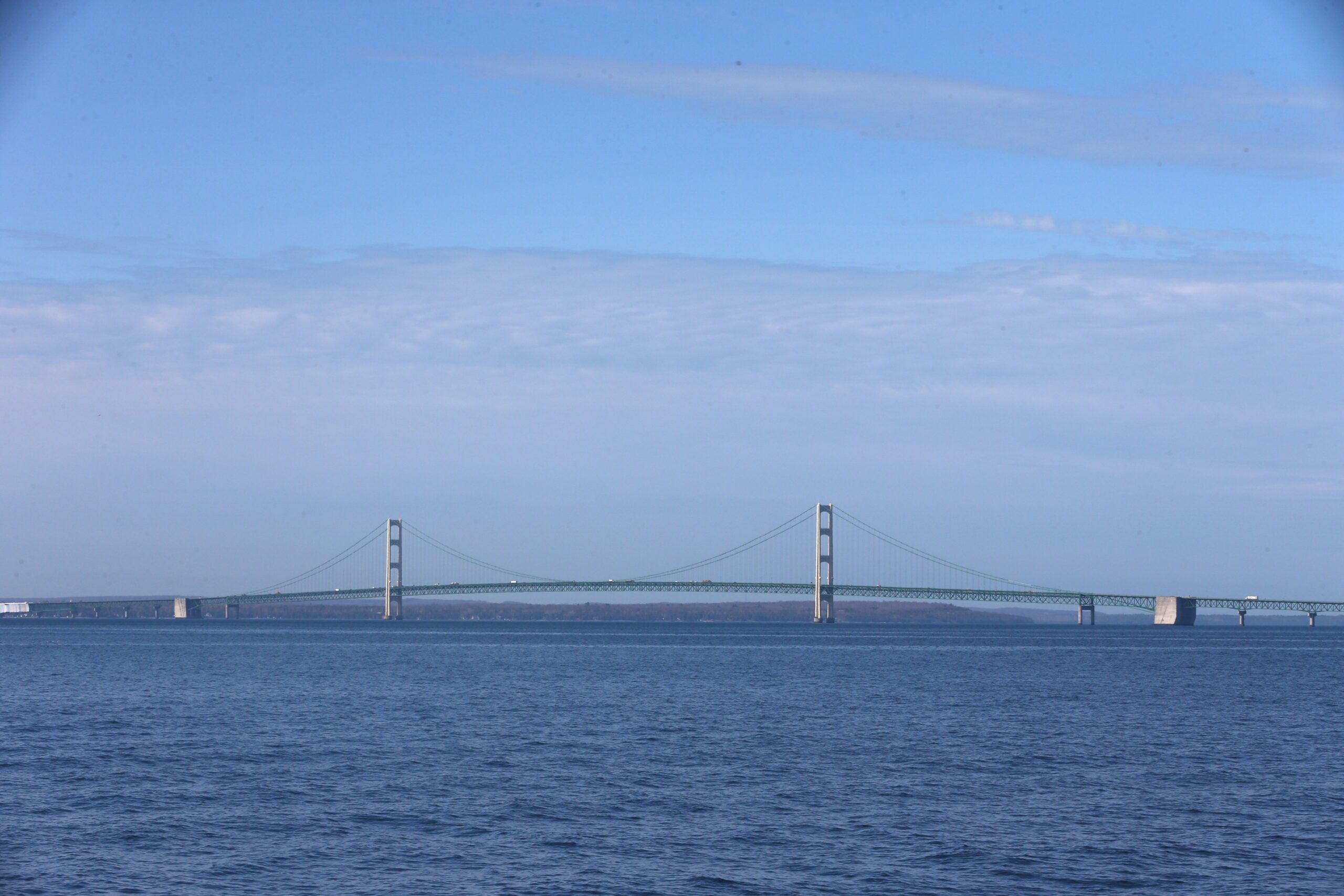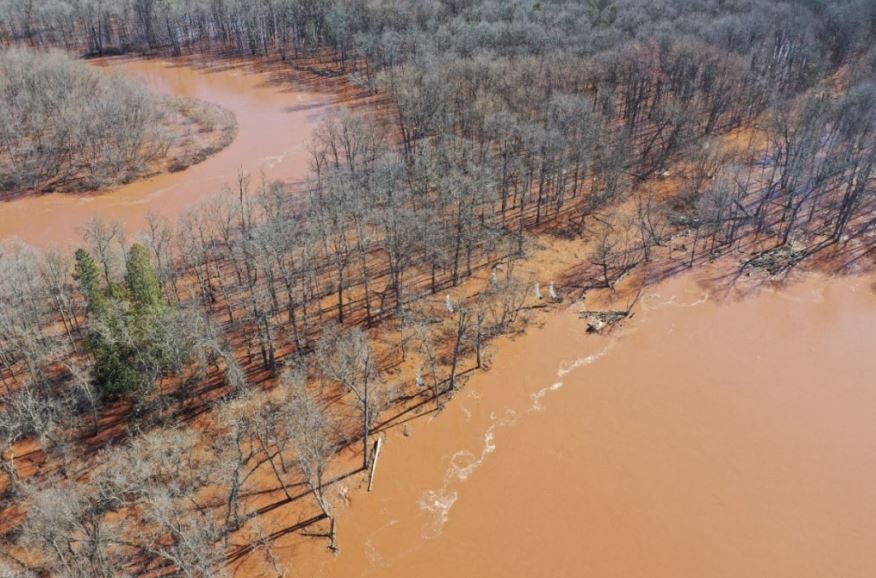A coalition wants to stop any new pipelines that would carry oil from the tar sands of Canada through the Great Lakes region. They say that kind of oil is more likely to cause a pipeline spill.
Three years ago, an Enbridge Energy pipeline break along the Kalamazoo River in Michigan spilled about 1 million gallons of crude oil. The oil was from the tar sands in Alberta, Canada. Now, a coalition lead by the National Wildlife Federation is asking the U.S. Environmental Protection Agency and Pipeline Safety Administration to force companies like Enbridge to beef up safety requirements. Jim Murphy is the Wildlife Federation’s Senior Counsel.
“As we saw tragically play out in Kalamazoo, that proved terribly inadequate. As the National Transportation Safety Board also said, the current regulatory structure is weak and inadequate and one of the causes of the Kalamazoo spill.”
Stay informed on the latest news
Sign up for WPR’s email newsletter.
New rules would include having better pipeline spill response, including immediate pipeline shutdowns. Murphy says breaks are more likely from the corrosive tar sands oil.
Enbridge Major Projects Director Denise Hamsher says that is wrong: “There’s just no truth to the speculation of sand or corrosion or erosion.”
Hamsher says tar sands oil is safe.
“That paints a picture in people’s eyes that aren’t familiar with it. That’s the oil that’s up in the ground. But that’s not the oil that’s in the pipe. We don’t pump sand. It would wreck the pumps and seals.”
This coalition is not just asking for new regulations. Wildlife Federation’s Beth Wallace says they want to halt all new tar sands pipelines: “We do not want expansion in the Great Lakes basin.”
Enbridge says it will continue expanding its pipelines from Canada.
Wisconsin Public Radio, © Copyright 2024, Board of Regents of the University of Wisconsin System and Wisconsin Educational Communications Board.

